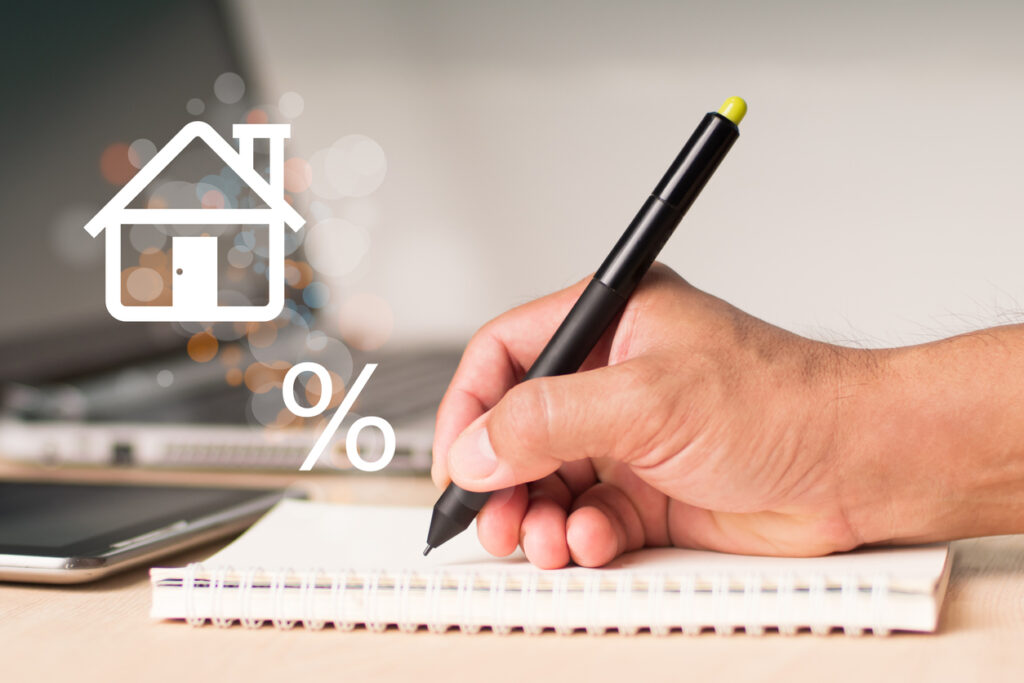Guide to buying a home in Spain
Contact us today and let us help you make your dream home a reality
Steps to follow
- Reach an agreement on purchase, price, date, and conditions. Here the purchase price
is agreed between both parties. The date of delivery of the property is also agreed. It specifies how the payments are going to be made (the deposit or reservation and payments that will be made at the purchase). - Reservation or deposit, earnest money contract (earnest money penitentiary), the purchase agreement and conditions are specified, a deposit is paid (agreed with the buyer).
- Obtain the foreigner’s identification and documentation of the property (title of the property), as well as identify how the payment of the sale will be made. Valid DNI/CIF or residency card.
- Signing of the sale before a notary, handing over the keys and payment of the rest of the property (by bank transfer or cheque). A signing date is agreed between both parties. You are provided with a copy of the deeds.
- Registration in the Land Registry, this ensures that the property is legally in your name. The notary sends the deed to the land registry and the town hall to carry out the change of owners. This registration carries costs for the buyer, giving legal certainty and legal protection to both the buyer and the seller. You will be provided with a copy of the registration.
- Management and legal advisor, you can choose to hire a local professional, such as a manager or a lawyer who facilitates the process by making sure that it is done correctly, they will review the documentation and the different contracts to be signed. The advisor can arrange the coordination with the notary for the signing of the purchase contract and is responsible for the registration of the property.

Taxes and additional feeds
- Taxes and additional expenses, expenses associated with the purchase. Property Transfer Tax (will depend on the property and its location). There is a limit of one month for the payment of this tax by the buyer, it is usually between 6% to 10% of the value of the property.
- On some occasions you have to pay the Value Added Tax applied on the purchase of new homes VAT.
- Notary fees and expenses, 20% buyer and 80% seller (or by agreement between both parties).
- Land registry fees. This is done at the civil registry of the population center of the region.
- If hired by the agency or legal advisor, they also entail an additional expense.
- The IBI is a local annual tax that is paid every year, at the time of sale the seller must have paid the current year, the following year this payment corresponds to the buyer.
Recomendations
Provide documentation of the property, deeds, nota simple, declaration of heirs
Last IBI receipt paid (annual city tax)
Energy Performance Certificate
Certificate of payment from the community of owners
Proof of being up to date with the payment of supplies
Certificate of outstanding mortgage, if any, and request its cancellation at the time of signing.
ITE certificate of technical building inspection if necessary (buildings more than 45 years old, this document must accompany the deed)
Communicate hidden vices, if any.
All newsletters must be submitted and payment must be up to date.
Community of owners, the buyer must be able to access the statutes of the community. In addition to being up to date with the community’s receipts.
Certificate of habitability, verify the legality of the property.
Get expert support every step
Should problems or discrepancies arise during the process, having professionals can be crucial to resolving these issues. To do this, it is recommended to hire local professionals who provide peace of mind and security throughout the purchase process.
Contact us for local guidance and peace of mind: